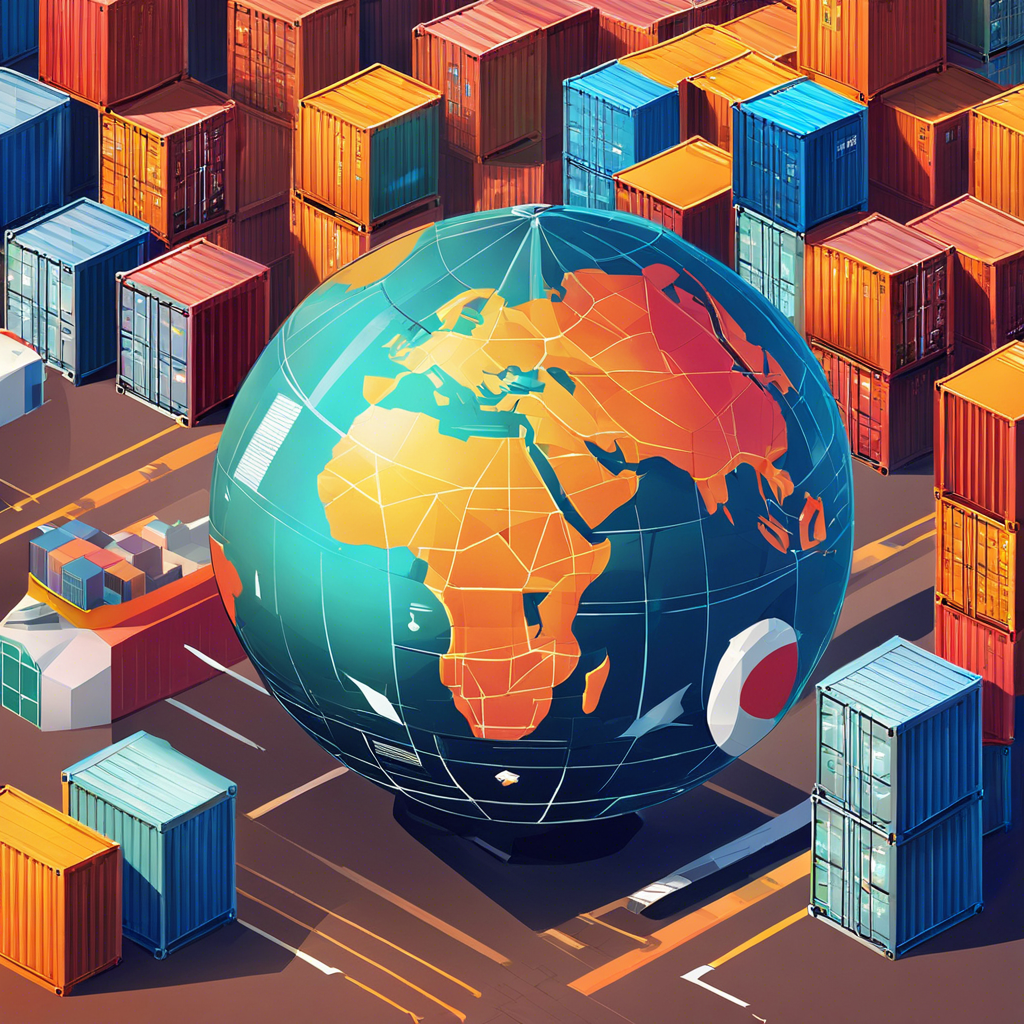Global sourcing is becoming an important strategy for businesses looking to improve their procurement processes. The ability to source products and services from around the world provides significant advantages when organizations operate in an increasingly global marketplace. These include investment banking, access to a broad range of suppliers, and product and material previews of the latest and greatest new models.
Understanding Global Sourcing
Purchasing goods and services from overseas vendors is known as global sourcing. Using this strategy, companies can take advantage of the advantages offered by multiple geographies, such as cheaper manufacturing in Asia, state-of-the-art technology in Europe, or fewer raw materials in Africa.
However, global sourcing is not without its challenges. Managing a global supply chain requires careful planning and coordination. Businesses need to consider factors such as international regulatory differences, currency conversions, and exports. Given the potential impact of these issues on the overall efficiency of procurement consulting services, companies must implement robust strategies to effectively manage their global sourcing processes.
The Role of Technology in Global Sourcing
Technology is essential to improving global sourcing. Companies can now easily manage their global supply chains, from identifying and evaluating suppliers to tracking and paying for shipments, and advances in digital tools and mechanisms, such as in e-procurement platforms, enable companies to automate many aspects of the procurement of goods and services on a global scale. Thanks to this automation, it takes less time and effort to fulfill procurement processes, increasing productivity.
Technology enables better collaboration and communication with suppliers. Efficient logistics and transportation play a crucial role in maintaining a smooth global supply chain, and services like https://www.shiply.com/car-transporters/staffordshire-car-transporters demonstrate how regional expertise in vehicle movement can contribute to broader procurement efficiency across industries. No matter where suppliers are located, businesses can communicate with them every day thanks to digital tools. Stronger relationships with suppliers lead to better terms and conditions and, ultimately, more effective procurement due to improved communication.
Cost Implications of Global Sourcing
The potential for cost reduction is a major driver of global sourcing. By sourcing goods and services from cheaper sources, companies can save significant costs on purchases. For example, manufacturing in countries with lower labor costs compared to domestic manufacturing can result in significant cost savings. Additionally, global sourcing provides companies with profitable margins and bulk purchasing advantages, further reducing costs.
However, cost reduction should not be viewed as the only factor when assessing the effectiveness of global sourcing. The total cost of ownership (TCO), which covers costs such as shipping costs, customs fees, and any delays, is another important factor for businesses to consider if these additional costs are not taken into account and managed well enough to offset investments from global sources. Consequently, firms should consider the economic impact of global sourcing holistically, taking into account all relevant variables.
In this context, procurement advisory services can be of great help to businesses in meeting international sourcing challenges. This role provides professional advice and guidance on contract negotiation, supplier selection, and risk management for international sourcing. Companies can dramatically improve the efficiency of their global sourcing processes and save costs by leveraging the experience of procurement consultants.
Quality and Risk Management in Global Sourcing
Global sourcing brings additional concerns, especially in terms of quality control, even as it provides greater access to suppliers and product choices. If quality is to be maintained, consistency across vendors and geographies can be challenging, especially when working with complex supply chains. Companies need to put in place strong quality control procedures to ensure that sources meet their requirements.
Global sourcing exposes businesses to risks beyond quality concerns, such as the potential for supply chain disruptions, natural disasters, and geopolitical unpredictability, which have a significant impact on the effectiveness of their procurement if these risks are not adequately controlled. To minimize the impact of these risks on their supply chain, companies need to develop strong risk management plans.
Companies often use FF&E and OS&E Procurement Services to address these issues. This specialized procurement role focuses on sourcing and maintaining operating supplies and equipment (OS&E) and furniture, fixtures, and equipment (FF&E) for a variety of industries, including retail, hospitality, and health. Companies can reduce the risk associated with global procurement and outsourcing of these products and services. You can ensure high-quality products.
Sustainability and Ethical Considerations
With the increasing popularity of global sourcing, there is increasing pressure on companies to consider the ethical and sustainable consequences of their procurement practices. Greater accountability and transparency in the supply chain are being demanded by stakeholders and customers, especially on social and environmental issues. Companies that ignore this information risk losing the trust of their customers and damaging their reputation.
Companies should use responsible sourcing methods to achieve ethical and sustainable standards and improve procurement efficiency. This includes promoting fair trade principles, reducing the carbon footprint of their supply chain, and choosing suppliers that support employees and environmental regulations. By integrating ethical and sustainable products into their global sourcing strategies, companies can demonstrate significant improvements in their procurement processes, driving a fair and sustainable global economy. For example, the Largest Steel Manufacturers in the USA can enhance their global competitiveness by adopting these responsible sourcing practices, ensuring they not only deliver high-quality products but also contribute positively to the environment and society.
The Future of Global Sourcing
Technological advances, geopolitical changes, and changing market dynamics all lead to constant changes in the global supply chain. Companies should anticipate further developments in procurement technologies in the coming years, including blockchain and artificial intelligence, to improve the efficiency and transparency of international search transactions.
Furthermore, source proximity and localization are expected to affect global sourcing patterns. Companies may increasingly look to local suppliers to meet their requirements as they seek to reduce their reliance on remote suppliers and reduce the risks associated with global logistics for the HON. This shift could lead to a more balanced approach to global sourcing, with firms using the advantages of regional and global sourcing to further improve the efficiency of their procurement strategies.
In summary, global sourcing offers businesses many opportunities to improve their procurement processes, but it also comes with some risks that need to be carefully considered. To be flexible They also need to be flexible in their processes, which has enabled them to compete in a world that is becoming more interconnected and complex by the day.
To maintain their competitive advantage in the market, for example, large steel producers in the U.S. can look to other international sourcing partners for better products. They can increase their purchasing efficiency and maintain a higher level of supply as a result of their way of working.


